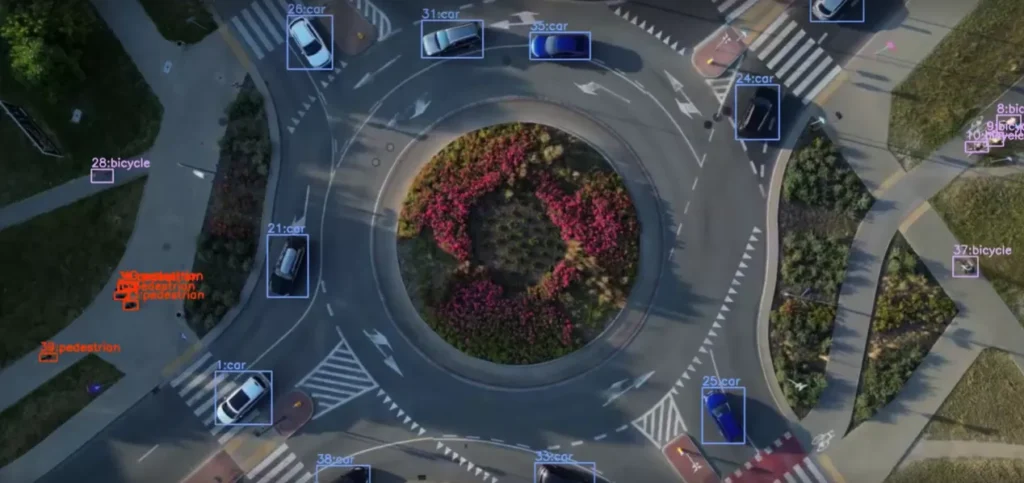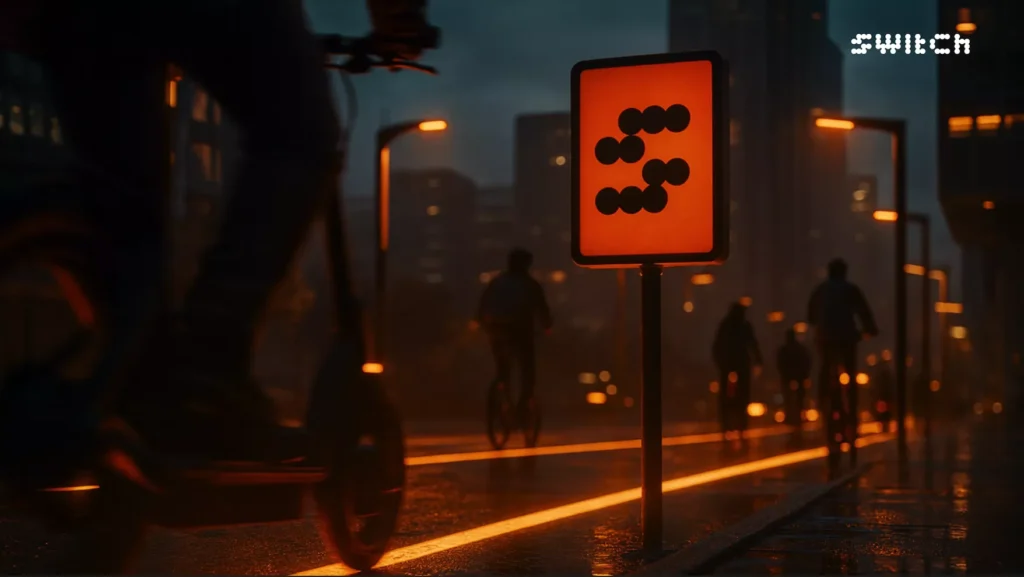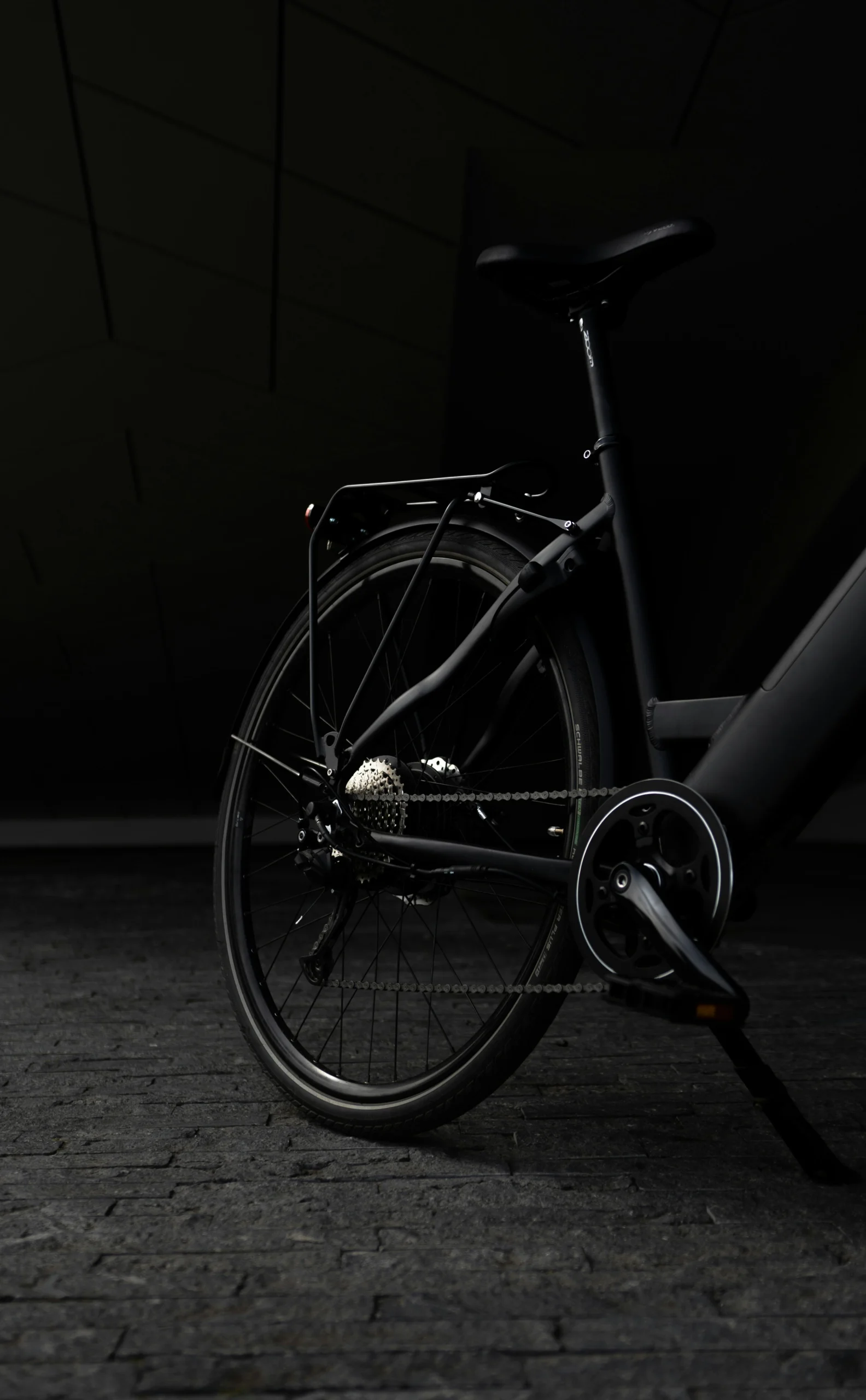






From EVs and batteries to autonomous vehicles and urban transport, we cover what actually matters. Delivered to your inbox weekly.

The move is a direct response to a sharp rise in lithium-ion battery incidents. So far in 2024, the FDNY has logged 177 battery-related fires, resulting in 99 injuries. That’s a 53% year-over-year spike, and many of those fires have occurred in older residential buildings where delivery workers store and charge batteries in tight spaces without proper ventilation or safeguards.
The Ebbets Field hub aims to serve over 3,000 delivery workers living in the complex. It gives them access to stable, professionally maintained energy packs that meet safety standards. That lowers the risk of fires caused by damaged or off-brand batteries, which are often used multiple times a day and charged unsafely.
For Con Edison, funding this project lines up with its broader strategy to modernize urban energy use and head off infrastructure strain. By subsidizing facilities like this one, the utility helps reduce both fire hazards and the electrical load from informal charging setups inside old apartment buildings.
This deployment also offers a more structured solution than the patchwork of home-grown options the city’s gig workers often rely on. Rather than buying spare batteries or charging in hallways, users can now swap for safe ones on demand without added fire risk.
With lithium-ion fires increasingly drawing public attention, this kind of public-private model gives cities a tool to respond quickly without waiting on federal rules or slower product recalls. If successful, expect similar hubs to roll out in other fire-prone neighborhoods or near other high-density housing across New York City.
“`